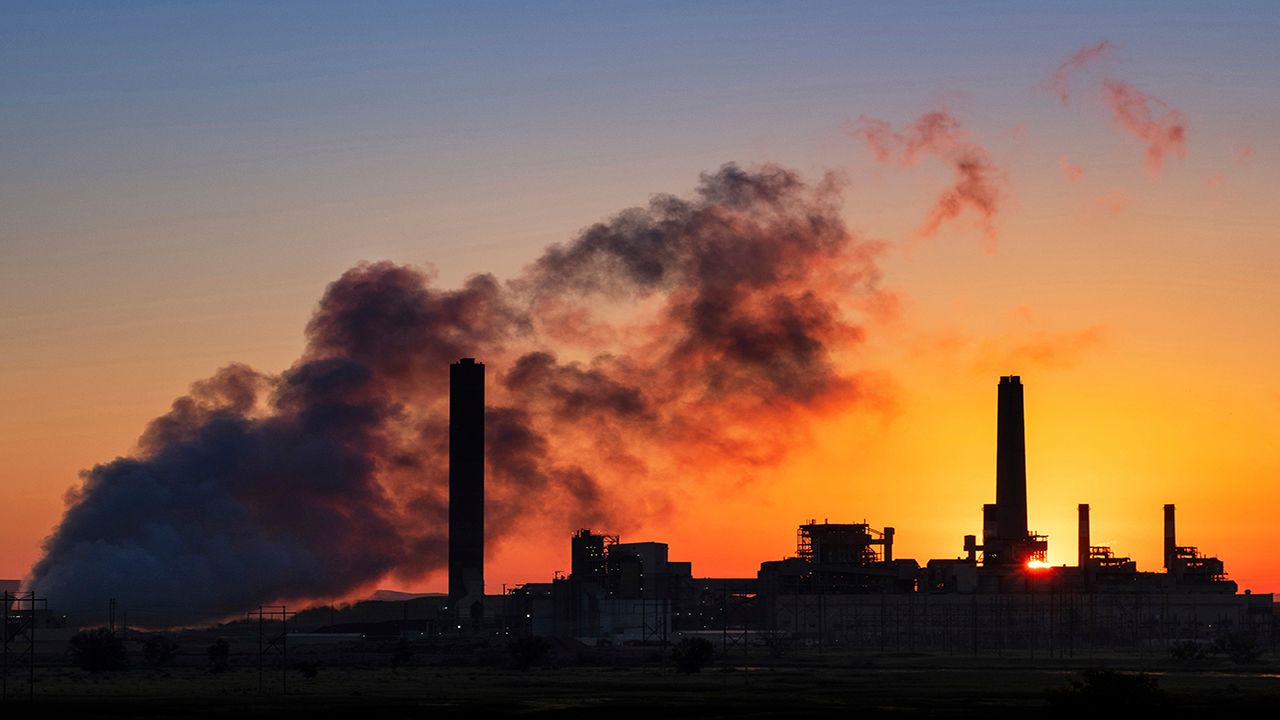A new study out of the Francis Crick Institute and University College London is highlighting the human impact of climate change, in particular focusing on how air particulates can increase the odds of certain lung cancers in individuals who do not smoke.
Researchers examined 463,679 individuals across the United Kingdom, South Korea and Taiwan to see how increased exposure to fine particles – like those often found in car exhaust and in smoke from fossil fuels – might impact the EGFR gene.
The EGFR gene is responsible for making a protein that is key for cell growth and survival. At least eight mutations on the EGFR gene are associated with lung cancer, most specifically non-small cell lung cancer.
EGFR mutations can be found in healthy lung tissue and are not necessarily linked to higher incidence rates of non-small cell lung cancer, researchers said. But when those mutated lung cells were exposed to air pollutants, scientists saw more cancers develop faster than in mutated cells that were not exposed to air pollutants, suggesting “that air pollution promotes the initiation of lung cancer in cells harbouring driver gene mutations,” co-researcher Charles Swanton wrote in part.
Researchers found that exposure to pollutant particles “promoted rapid changes in airway cells which had mutations in EGFR and in another gene linked to lung cancer called KRAS, driving them towards a cancer stem cell like state.”
Scientists are still not sure why certain mutated lung cells become cancerous when exposed to particulate matter, while others do not – but a laboratory study on mice found blocking the release of the protein interleukin-1β during pollutant exposure helped mitigate the risk of developing cancer.
“The same particles in the air that derive from the combustion of fossil fuels, exacerbating climate change, are directly impacting human health via an important and previously overlooked cancer-causing mechanism in lung cells,” Swanton said. “The risk of lung cancer from air pollution is lower than from smoking, but we have no control over what we all breathe.”
It has long been known that air pollution is associated with poor health outcomes, and particularly increases the risk of lung, head, neck and nasopharyngeal cancers. One paper, published by the Health Effects Institute in 2003, cited a bevy of studies that indicated “lung cancer attributable to air pollution may occur among both smokers and non-smokers,” but noted at the time that many of those studies concerned small sample sizes and were subject to uncertainties in risk estimates.
“A study that includes large numbers of well documented never smokers may be the only approach that could address these concerns, if feasible,” the paper’s author noted.
It was just this question that researchers in London sought to answer, and it does help explain why non-smokers so frequently develop non-small cell lung cancer.
“We have known about the link between pollution and lung cancer for a long time, and we now have a possible explanation for it,” Tony Mok, the chairman of Department of Clinical Oncology at the Chinese University of Hong Kong, wrote in a statement examining the recent study. “As consumption of fossil fuels goes hand in hand with pollution and carbon emissions, we have a strong mandate for tackling these issues – for both environmental and health reasons.”



